The Innovation Research Program (IRP) Endowment
Be Part of Transforming Big Ideas Into Groundbreaking Environmental Solutions
Support the IRP Endowment:
Double Your Impact with a Dollar-for-Dollar Match!
Join us in backing bright minds & their best ideas.
Support us in funding critical research for a better future.
The Innovation Research Program Endowment funds go directly to scientists as they carry on DRI’s legacy of advancing science that matters now. With a gift to the IRP, you can be part of the future of environmental research— and play a powerful role in creating a better future for Nevadans and the world.
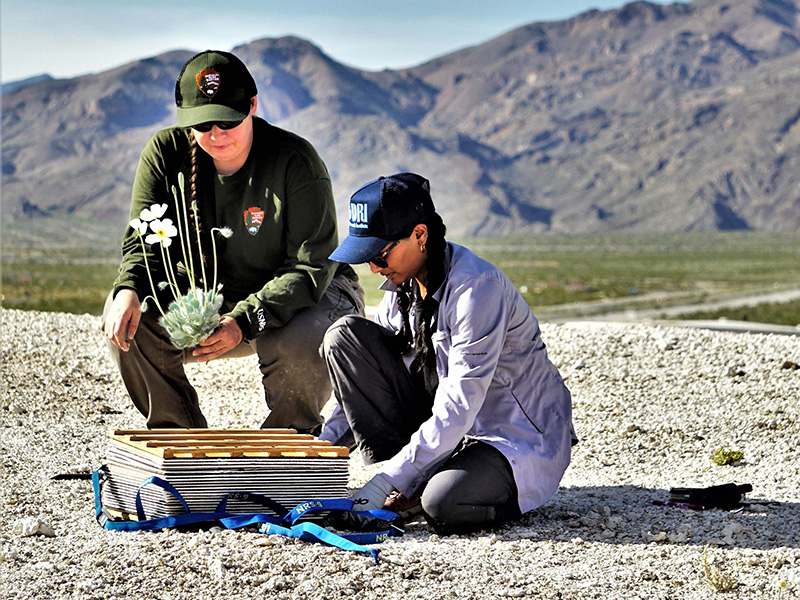
Thanks to generous matching commitments from the Tom and Mary Gallagher Foundation and the Bretzlaff Foundation, DRI established the IRP Endowment. To maximize the impact of the IRP Endowment, the Gallagher Foundation and Bretzlaff Foundation have made their commitments a dollar for dollar match up to $2 million with a goal of raising a $5 million endowment.
Help us reach our $5 million goal and fund Science That Matters Now by giving at the link below or contacting Kristin Burgarello, Director of Advancement, at 7775-673-7386 or Kristin.Burgarello@dri.edu.
The Innovation Research Program
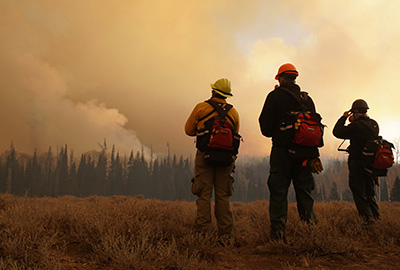
Where the most innovative ideas get off the ground…
In 2018, the Innovation Research Program (IRP) fund was established with donor support to provide critical financial resources that allow and encourage DRI faculty, students, and staff to test and pursue their very best ideas.
IRP funding allows DRI’s greatest minds to put their most promising early-stage research projects into action. Your support for IRP helps powerful ideas get off the ground and grow into game-changing environmental solutions.
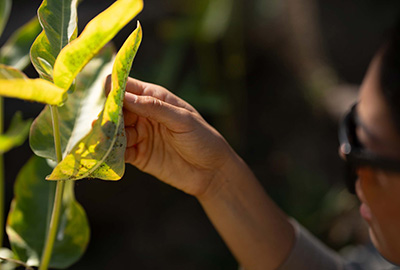
Pushing promising ideas to their full potential…
IRP funding allows DRI scientists the rare opportunity to test emerging ideas and produce initial data—so they can build the scientific case they need to secure further funding from state and federal grants.
Over the past six years, the $750,000 awarded to DRI faculty in IRP funding has resulted in over $20 million in additional funding secured.
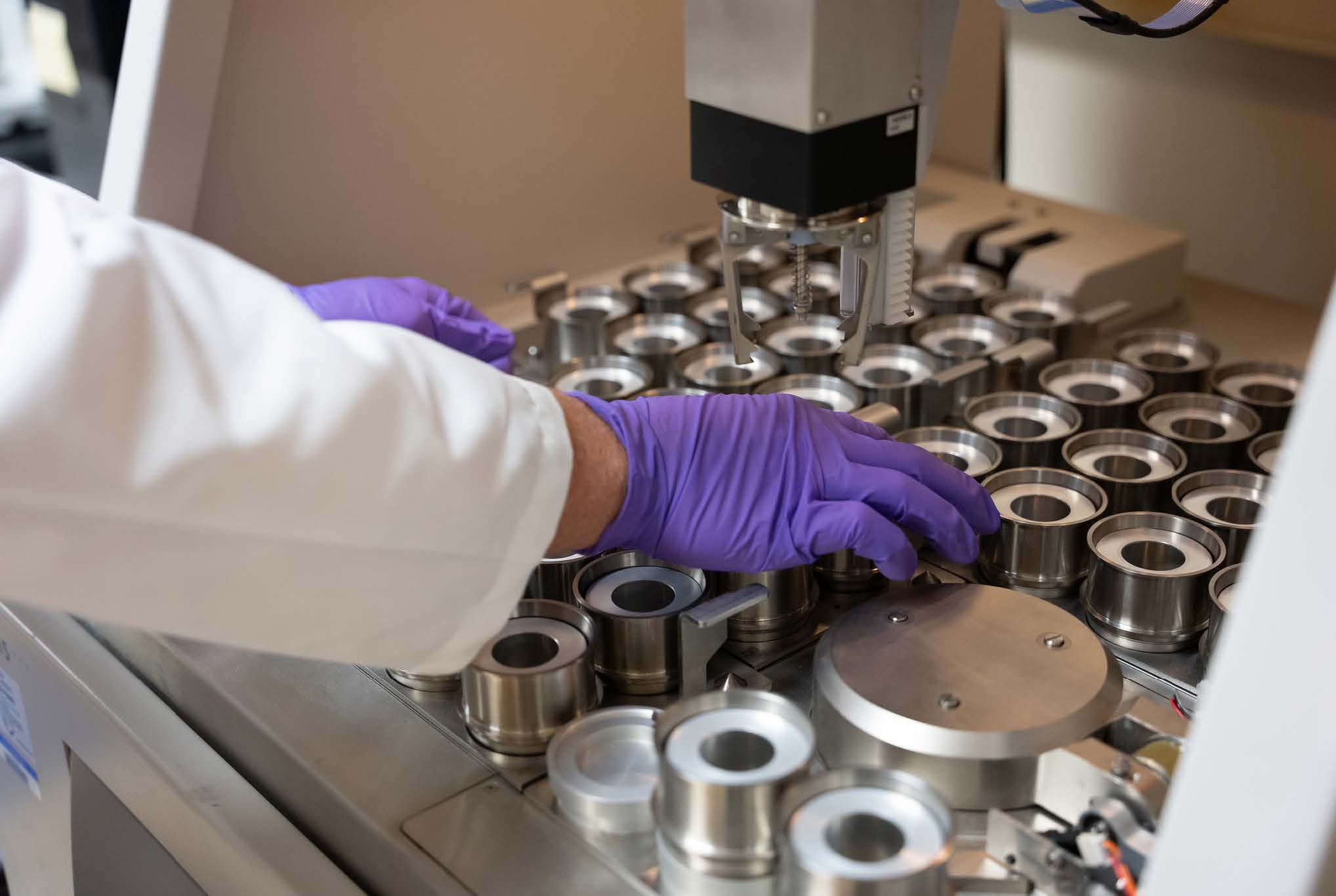
Finding solutions to our most pressing problems…
From improving water resource management in the Western United States to building new instruments to track snow drought and soil erosion, IRP-backed projects are rooted in advancing environmental understanding and creating solutions to our toughest challenges.
To date, over twenty research teams have been supported on their quest to find impactful environmental solutions.
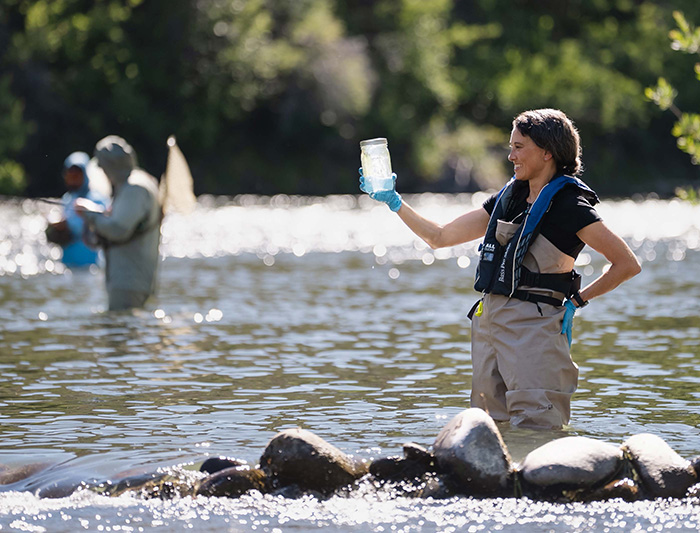
Dr. Monica Arienzo, a 2018 IRP award recipient, leads DRI’s Microplastics and Environmental Chemistry research team. The promising findings of their IRPbacked preliminary research led to Monica winning the National Science Foundation CAREER award ($551k over five years; the first time a DRI scientist has ever won the award)
Current Projects
DRI scientists submitted their proposals for the 2024 round of IRP funding. Up to five Seed Grants were selected to test their emerging ideas and to produce initial data.
|
Proposal |
Team (PI first) |
|
Smoke-derived phenolic compounds in tainted wines: Their contribution to flavor and potential path to smoke taint mitigation. |
Andrey Khlystov, Yan Wen, Yeongkwon Son |
|
DNA-based all-life survey of the World’s premier Antarctic cryptoendolith collection: DRI’s Imre Friedmann Archive |
Duane Moser, Henry Sun, Alireza Saidi-Mehrabad |
|
A novel multi-angle forward light scattering setup for aerosol characterization |
Hans Moosmuller, Prakash Guatam |
|
Studying photochemical aging of wildfire emissions in the atmosphere |
Steve Kohl, Patrick Martens, Judy Chow |
|
Towards an improved understanding of cosmogenic Chlorine-36 production in mafic mineral systems leading to advances in Quaternary geochronology |
Brad Sion, Anthony Feldman |